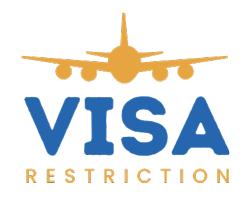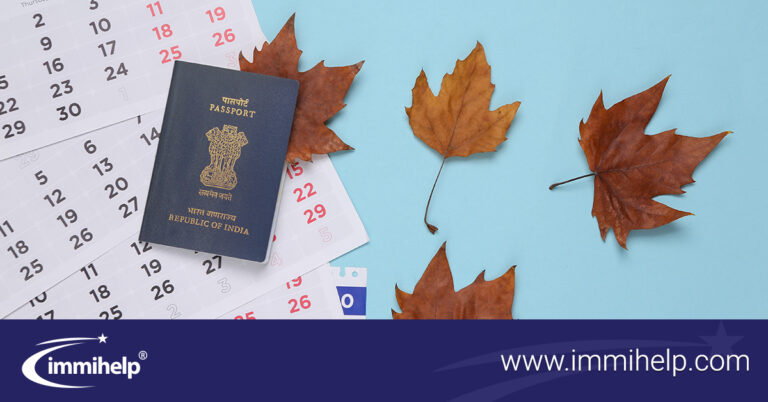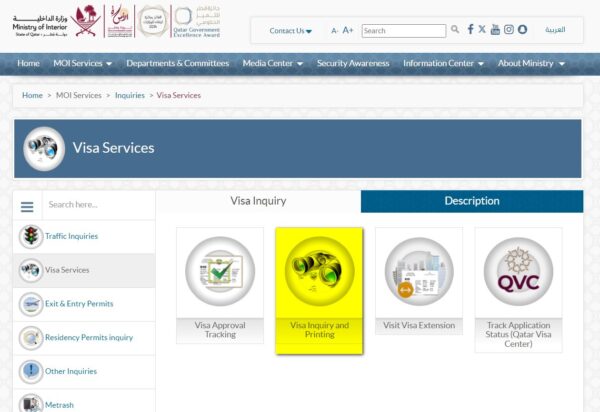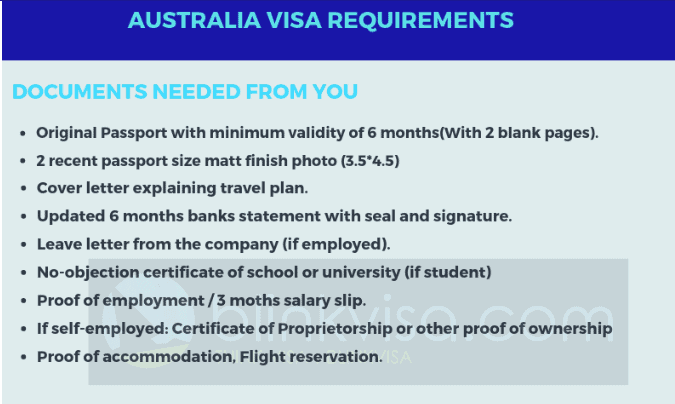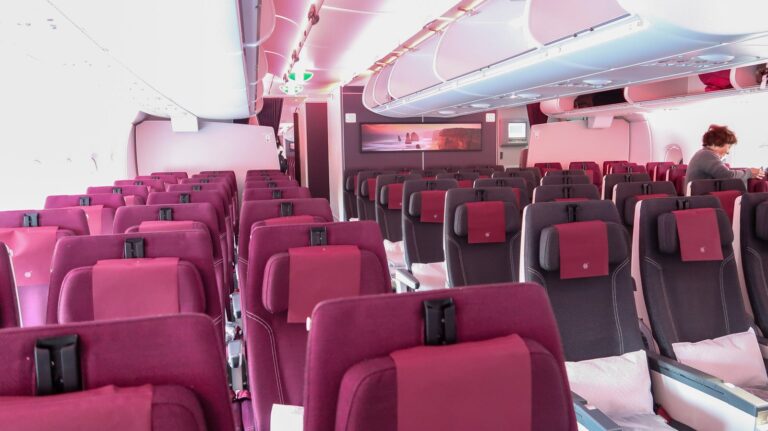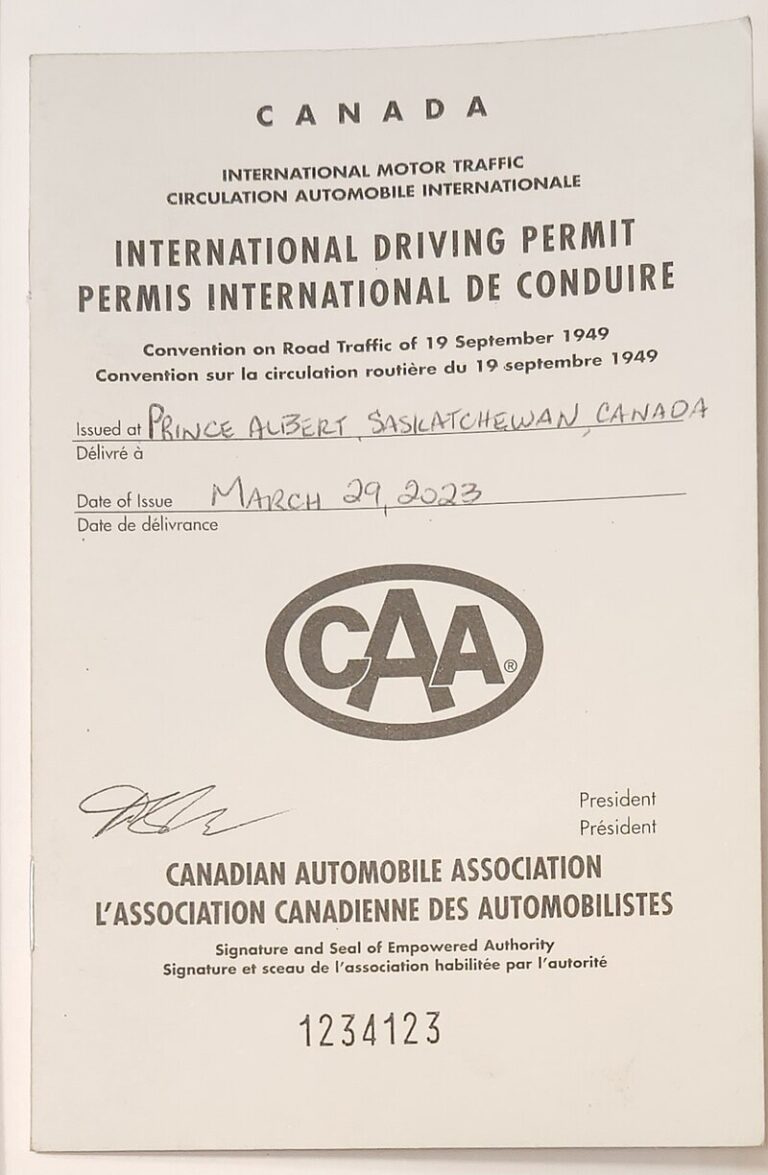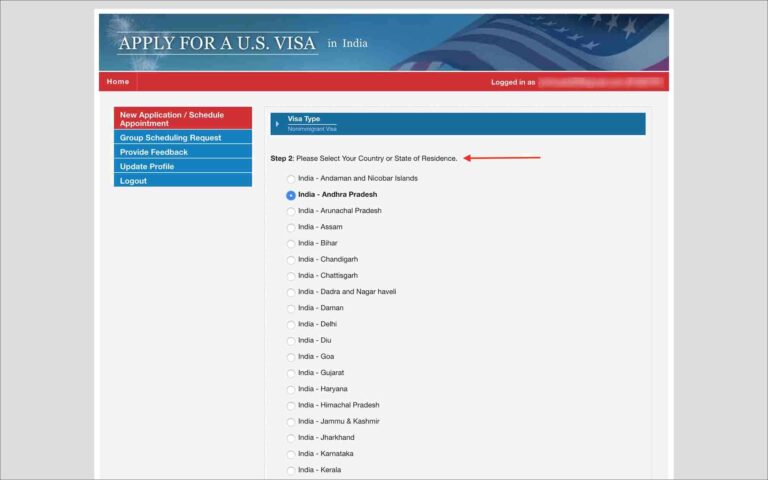Embark on Your Voyage: Demystifying Consulate Tourist Visa Application
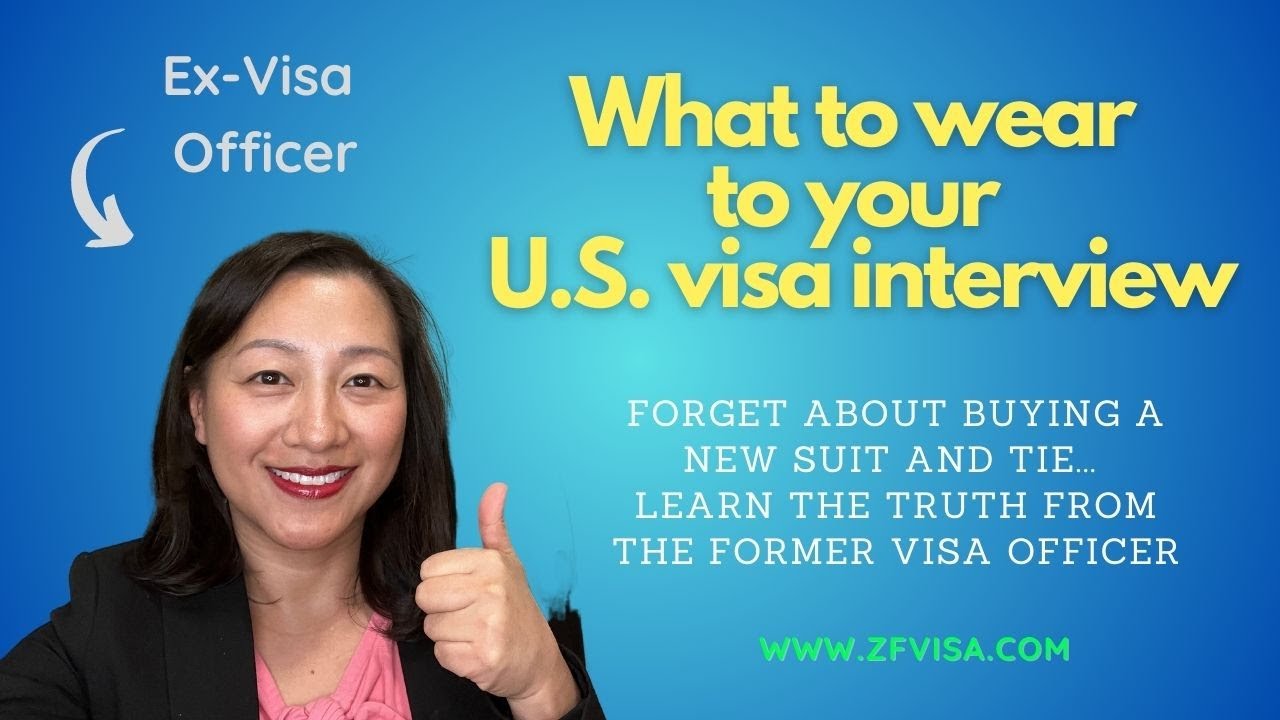
Understanding Consulate Visa Applications
Obtaining a consulate tourist visa is an essential step for those planning to visit the United States. This guide will help you understand the importance of advance planning and visa processing fees.
Importance of Advance Planning
Advance travel planning and early consulate tourist visa applications are crucial for individuals planning to visit the U.S. as temporary visitors. Waiting times for visa interview appointments at U.S. embassies or consulates can vary significantly, so checking the current wait times is highly recommended. Not all visa applications can be completed on the interview day, which makes early planning even more critical.
Knowing what documents you need beforehand can save significant time and stress. It is advisable to refer to a comprehensive tourist visa checklist to ensure you have all necessary documents ready.
Visa Processing Fees
The nonimmigrant visa application processing fees are tiered based on the visa category. These fees are designed to cover the consular services provided during the application process. For instance, visitor visas for business, tourism, and medical treatment fall under the category that requires a processing fee.
| Visa Type | Fee (USD) |
|---|---|
| Visitor Visa (B-1/B-2) | 160 |
| Student Visa (F, M) | 160 |
| Exchange Visitor Visa (J) | 160 |
| Work Visa (H, L, O, P) | 190 |
| Investor & Treaty Trader (E) | 205 |
Data from Travel.State.Gov
Different categories of visas have varying requirements and fees, so it is essential to review the specifics on the official site or relevant tourist visa processing time and costs related to your intended type of travel.
For those planning to visit countries other than the U.S., you can explore related resources like information on the UK tourist visa or visa on arrival countries for U.S. citizens.
Understanding the visa fees and planning your application well in advance can make the process smoother and help you avoid unnecessary delays. If you need guidance on how to initiate the application process, refer to our detailed guide on how to apply for a tourist visa.
Nonimmigrant Visa Application Details
When embarking on your journey to secure a consulate tourist visa application, understanding the specifics of nonimmigrant visa categories and their associated fees is crucial. This section will cover how fees vary by visa category, with a special focus on J visas and their processing fees.
Fee Variation by Visa Category
Nonimmigrant visa application processing fees are tiered based on the specific visa category you are applying for. This means that the amount you pay can vary depending on your visa classification.
- For visitor visas designated for business, tourism, and medical treatment, such as B visas, the processing fee is standardized.
- Other nonimmigrant visa categories, including B, C-1, D, F, I, J, TN/TD, M, and U, have a processing fee of $185.00.
- Certain work-related visas such as H, L, O, P, Q, and R visas have a slightly higher processing fee of $190.00.
Here is a table summarizing the nonimmigrant visa processing fees:
| Visa Category | Processing Fee |
|---|---|
| B, C-1, D, F, I, J, TN/TD, M, U | $185.00 |
| H, L, O, P, Q, R | $190.00 |
Understanding these fees is a key step in how to apply for tourist visa. Ensure you have the correct information before beginning your application.
J Visas and Processing Fees
J visas are designated for individuals participating in exchange visitor programs. These visas are unique because applicants who are part of official U.S. Government-sponsored educational and cultural exchanges do not need to pay a processing fee. This exemption simplifies the application process for these participants.
For those not participating in government-sponsored programs, the standard $185.00 processing fee applies, as indicated in the above table. If you’re involved in a J visa program, confirming whether your program qualifies for fee exemption is vital to avoid unnecessary payment.
For additional details specific to your application, be sure to visit our resources on documents for visa interview and tourist visa application process.
Navigating the different fees associated with various visa categories can be challenging, but armed with the right information, you can streamline your consulate tourist visa application process.
Visitor Visa Application Process
Application Requirements
Applying for a consulate tourist visa involves several steps that you need to complete meticulously. The process starts with advance travel planning and early application submission due to potential variations in wait times as recommended by Travel.State.Gov.
-
Complete the Online Visa Application:
- Fill out the DS-160 form. This is the first and a necessary step in the application process. Once completed, print the application form confirmation page to bring to your interview. You can access and fill out the DS-160 form on the tourist visa application form page.
-
Schedule an Interview:
- Visa applicants aged 14 to 79 generally require an interview. Schedule your visa interview at the U.S. embassy or consulate in your country of residence. Interview wait times can vary depending on the location, season, and visa category (US Department of State – Visitor Visa). Refer to our us embassy tourist visa page for more details.
-
Pay the Visa Application Fee:
- Pay the non-refundable visa application fee, which varies by country and visa category. Check the fee associated with your specific visa type on our tourist visa cost page.
-
Gather Required Documentation:
- You will need:
- A valid passport
- Form DS-160 confirmation page
- Application fee payment receipt
- Photo adhering to the tourist visa photo requirements
- Form DS-160 barcode
- Additional documents may be required to establish your qualifications and intent to return to your home country. These can include an invitation sponsor letter for tourist visa or tourist visa invitation letter, evidence of employment, family ties, and financial resources. You can find a comprehensive list on the tourist visa checklist page.
- You will need:
Interview Process
Once you have compiled the necessary documents and scheduled your appointment, the next step is to attend the visa interview. Here’s what to expect:
-
Arrive Early:
- Be punctual for your appointment. In many cases, you will undergo a security screening before entering the consulate.
-
Interview:
- A consular officer will conduct your interview to determine your eligibility for the visa. They mainly look to establish your qualifications based on ties to your home country and the purpose of your visit (US Department of State – Visitor Visa).
-
Be Prepared to Answer Questions:
- Be ready to respond to questions regarding the details of your trip, intended stay, travel history, and personal circumstances. The way you present your purpose and the strength of your ties to your home country will be key determinants in the officer’s decision.
-
Provide Supporting Documents:
- Submit any additional documentation requested by the consular officer. This might include evidence of employment, financial resources, and any other necessary documents (documents for visa interview).
-
Await the Decision:
- After the interview, the consular officer will inform you whether your visa has been approved, denied, or if further administrative processing is needed.
-
Fee Payment and Passport Return:
- If your visa is approved, you may need to pay a visa issuance fee depending on your nationality. You will also arrange for the return of your passport with the visa. Details can be found on our tourist visa processing time page.
By understanding the application requirements and the interview process, you can prepare adequately for your consulate tourist visa application. For further guidance, refer to our articles on tourist visa requirements and tourist visa interview tips.
Post-Interview Procedures
After completing your consulate tourist visa application interview, it’s important to understand the next steps, including any additional fees and how to manage the return of your passport and visa.
Visa Issuance Fees
Depending on your nationality, you might need to pay a visa issuance fee after your visa application is approved. These fees vary and are separate from the initial nonimmigrant visa application processing fees. For example, the processing fees for common nonimmigrant visa categories like B, C-1, D, F, I, J, TN/TD, and M are $185.00, while H, L, O, P, Q, and R categories require a fee of $190.00 (Travel.State.Gov).
| Visa Category | Processing Fee ($) |
|---|---|
| B, C-1, D, F, I, J, TN/TD, M, U | 185.00 |
| H, L, O, P, Q, R | 190.00 |
For J visas participating in official U.S. Government-sponsored educational and cultural exchanges, there is no processing fee (Travel.State.Gov).
Passport Return and Processing
Once your visa application is approved, your passport will be processed and the visa issued. The processing time can vary, but typically, it takes a few business days. Make sure to arrange for the return of your passport. Most consulates provide courier services to deliver your passport back to you.
To check the status of your passport and visa, or if you have any concerns regarding processing times, you should contact the consulate where you applied. For more details on managing the post-interview process for your consulate tourist visa application, visit tourist visa processing time.
Understanding these post-interview steps ensures a smoother experience when navigating the consulate tourist visa application process. For further details on related topics, such as the application requirements or interview process, check out our resources on tourist visa requirements and documents for visa interview.
Visa Approval and Entry to the U.S.
Acquiring a tourist visa is just one part of your journey to the United States. Once you have your visa in hand, understanding the process of gaining entry at the Port-of-Entry (PoE) and the authority exercised by Customs and Border Protection (CBP) is crucial.
Admission at Port-of-Entry
A visa signifies that a U.S. consular officer has reviewed your application and deemed you eligible for entry into the country for your specified purpose. However, it’s important to note that having a visa does not guarantee entry into the United States. Upon arrival, you will need to present yourself to a Customs and Border Protection (CBP) Officer at the PoE.
The CBP Officer conducts an inspection to verify your eligibility for admission under U.S. immigration law (CBP.gov). The officer will ask you questions about your travel purpose, duration of stay, and other related details. It’s essential to have your travel documents, including your passport and visa, readily accessible.
| Document | Requirement |
|---|---|
| Passport | Must be valid for at least six months beyond your intended stay |
| Visa | Tourist visa (B-2) or other appropriate nonimmigrant visa |
| Travel Itinerary | Proof of return ticket and accommodation details |
Customs and Border Protection (CBP) Authority
Customs and Border Protection (CBP) has the final authority to permit or deny your entry into the United States (US Department of State – Visitor Visa). Even with a valid visa, the CBP Officer at the PoE can deny admission if they find any discrepancies or issues with your documents or responses during the interview.
CBP Officers assess multiple factors to ensure you meet all entry criteria under U.S. immigration law. They are responsible for enforcing all applicable regulations and maintaining security. If admitted, the CBP Officer will determine the length of your stay.
| Scenario | Possible Outcome |
|---|---|
| Valid Travel Documents and Purpose | Entry permit granted with specified stay length |
| Inconsistencies or Missing Information | Additional questioning, potential denial of entry |
| Security Concerns or Misrepresentations | Denial of entry and possible future travel restrictions |
For those traveling under the Visa Waiver Program (VWP), be aware that you are permitted to stay for up to 90 days and must possess a round-trip ticket out of the U.S. VWP travelers cannot seek a change of status or extend their stay.
Understanding these entry procedures and the role of CBP can help ensure a smooth transition into the United States. For more information on the visitor visa application process and related details, check out our tourist visa checklist and documents for visa interview articles.
Visitor Visa Types and Restrictions
Navigating the process of a consulate tourist visa application can be complex, especially when trying to understand the various visa types and their associated restrictions. Here, we will cover two main categories of visitor visas you might consider: the B-1/B-2 visa and the Visa Waiver Program (VWP).
B-1/B-2 Visa Overview
The B-1/B-2 visa is a nonimmigrant visa that allows you to enter the United States temporarily for business (B-1) or tourism/pleasure (B-2). It’s essential to understand the distinctions between these subcategories to ensure you apply for the correct type (Boundless).
- B-1 Visa (Business): This visa is generally issued for short business trips, such as attending conferences, meetings, or contract negotiations. It does not allow you to be gainfully employed within the U.S.
- B-2 Visa (Tourism): This visa is for tourism, vacations, visiting friends and family, medical treatment, and participation in social events or contests without receiving any payment.
In March 2023, it became possible for B-1/B-2 visa holders to apply for jobs and attend job interviews in the U.S. However, these visa holders cannot start working without proper authorization.
| Visa Type | Purpose | Activities Allowed | Restrictions |
|---|---|---|---|
| B-1 | Business | Meetings, Conferences, Negotiations | No employment |
| B-2 | Tourism | Vacation, Visiting Family, Medical treatment | No employment |
For more details on requirements, fees, and how to apply, check out our tourist visa requirements section.
Visa Waiver Program (VWP)
The Visa Waiver Program (VWP) allows citizens of specific countries to travel to the United States for business or tourism without needing a visa, provided their stay is 90 days or less (CBP.gov). VWP applicants must hold a valid round-trip ticket and are not allowed to change their status or extend their stay. Additionally, they forfeit the right to proceedings before an Immigration Judge unless they apply for asylum.
| Feature | Details |
|---|---|
| Eligibility | Citizens of specific countries |
| Maximum Stay | 90 days |
| Purpose | Business or Tourism |
| Requirements | Round-trip ticket, cannot extend stay or change status |
Visit our visa on arrival countries for US citizens article for a comprehensive list of eligible countries and more information on the Visa Waiver Program.
For further assistance and specific case inquiries, you can explore other sections like us embassy tourist visa and tourist visa interview tips for in-depth guidance. Understanding these visa types and their restrictions will help you make informed decisions and streamline your application process.
Visitor Visa Specifics
Navigating the specifics of a consulate tourist visa application is crucial for a successful travel experience. This section will help you understand the requirements for an invitation letter and the visa denial rates.
Invitation Letter Requirements
Some countries may require the submission of an invitation letter along with your travel visa application. The United States and Canada are examples where this might be necessary (Passport Index).
An invitation letter should include:
- Personal information of both the inviter and the invitee.
- Purpose of the visit.
- Duration of stay, including arrival and departure dates.
- Accommodation details.
- Relationship between inviter and invitee.
- Signature of the person inviting you.
For more comprehensive details on preparing an invitation letter, refer to our guide on tourist visa invitation letters.
Visa Denial Rates
Understanding visa denial rates can help set realistic expectations and prepare adequately. According to Passport Index, in the 2016 fiscal year, the United States issued 10,381,491 nonimmigrant visas but refused 3,121,950, resulting in a denial rate of 28.66%.
| Fiscal Year | Visas Issued | Visas Refused | Denial Rate (%) |
|---|---|---|---|
| 2016 | 10,381,491 | 3,121,950 | 28.66 |
Detailed preparation and thoroughness with your documents for visa interview can enhance your chances of approval.
For further insights on visa application details, such as tourist visa application process and specific requirements for different countries, please visit our related articles.
Application Process Insights
When applying for a consulate tourist visa, understanding the documentation needs and administrative processing considerations can simplify the process and increase your chances of success.
Documentation Needs
Having the correct documentation is crucial for a smooth consulate tourist visa application. Ensure you gather all required documents beforehand, as missing paperwork can delay or even result in a visa denial.
| Required Document | Description |
|---|---|
| Passport | Valid for at least six months beyond your intended stay |
| Visa Application Form | Complete the tourist visa application form online |
| Photo | Meets the tourist visa photo requirements |
| Travel Itinerary | Including flight bookings and travel dates |
| Financial Documents | Evidence of sufficient funds to cover your stay |
| Invitation Letter | If applicable, from a host in the destination country (tourist visa invitation letter) |
| Proof of Ties | Documents proving your intent to return to your home country (employment letter, property ownership, etc.) |
Depending on the country, additional documents may be required. For a comprehensive list, refer to the tourist visa checklist.
Administrative Processing Considerations
Administrative processing is an additional review step that may be required for some visa applications. It can happen at any stage during the visa process and is typically used to verify information or conduct background checks. According to CBP.gov, certain visas, such as the B-1/B-2, can take from 7 days to more than 2 years due to administrative processing delays (Boundless).
Here are a few considerations to keep in mind:
- Processing Time: Check the current wait times for your specific embassy or consulate using the U.S. Department of State tool under “Appointment Wait Time.” Delays can range from a few days to several months.
- Notification: If your application requires administrative processing, you will be informed during or after your interview. Stay updated with your application status either by checking online or contacting the consulate directly.
- Additional Documents: Be prepared to submit extra documentation. Common requests include further financial proof, letters of explanation, or other pertinent details related to your travel.
For more detailed information on how administrative processing can affect your application, visit our page on tourist visa background check.
By understanding these documentation needs and administrative processing considerations, you can approach your consulate tourist visa application with confidence and preparedness. For related insights and advice, check out our articles on expedited tourist visa processing and tourist visa financial requirements.
